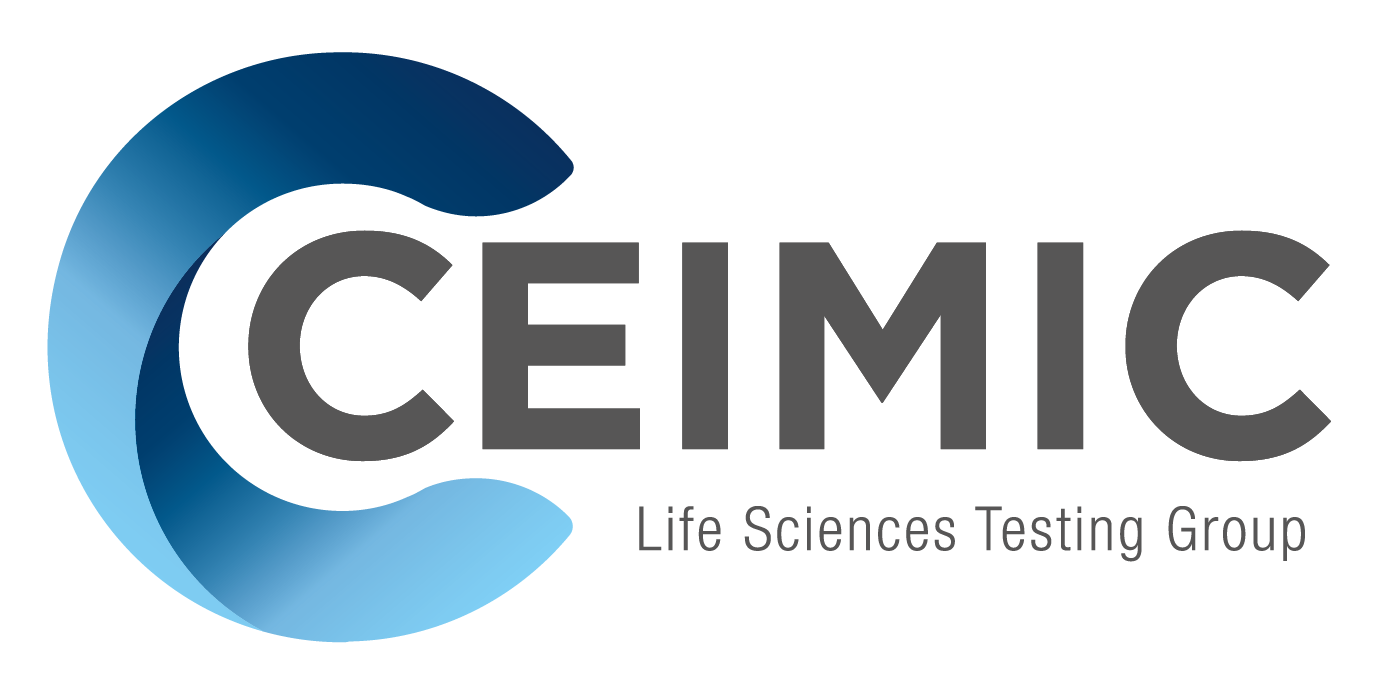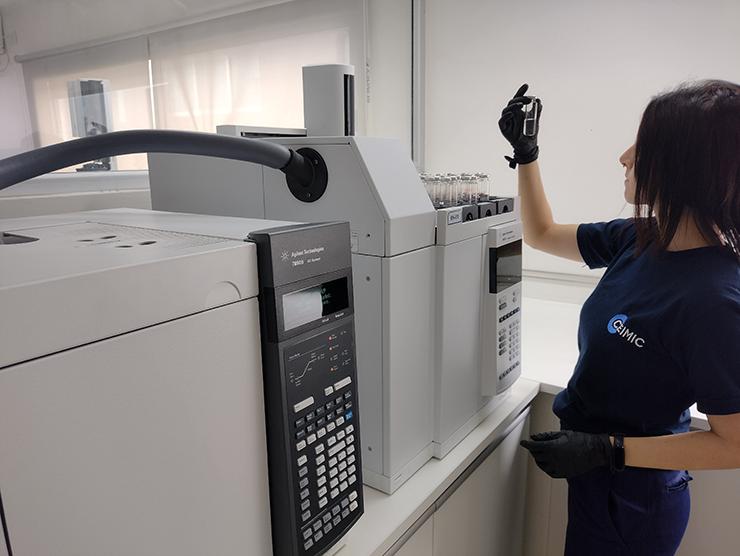In the field of food safety, having analysis laboratories certified under the ISO 17025 standard and authorized by government organizations such as SENASA, INEN, DIGESA, SAG and ICA, among others, is crucial to guarantee the quality and safety of food . that reach consumers’ tables. Learn the benefits of working with high-class laboratories and how these certifications impact the
food industry.
ISO 17025 and Food Safety: Key to Trust and Quality
In the food industry, the accuracy and reliability of laboratory analysis is critical to ensuring that products are safe for consumption. The ISO 17025 standard, which establishes the general requirements for the technical competence of testing and calibration laboratories, has become a global standard that guarantees the quality of the results obtained.
What is ISO 17025?
ISO 17025 is an international standard that specifies requirements for the technical competence of testing and calibration laboratories. This standard covers aspects such as quality management, documentation and technical processes, ensuring that laboratories not only meet quality standards, but are also able to consistently produce accurate and reliable results.
“ISO 17025 certification is a guarantee that a laboratory can
consistently produce accurate and reliable results.”
Government Authorizations in Latin America
In addition to ISO 17025 certification, food analysis laboratories must be authorized by government agencies that regulate food safety in each country. Among the most prominent organizations are:
- SENASA (Argentina): National Agri-Food Health and Quality Service, in charge of regulating and certifying processes related to food safety and animal and plant health.
- INEN (Ecuador): Ecuadorian Institute of Standardization, which supervises the quality of food products and other consumer goods.
- DIGESA (Peru): General Directorate of Environmental Health and Food Safety, which regulates environmental health and food safety.
- SAG (Chile): Agricultural and Livestock Service, responsible for the protection and improvement of animal and plant health, and food safety.
- ICA (Colombia): Colombian Agricultural Institute, in charge of agricultural health and the regulation of food quality in the country.
Benefits of Working with Certified Laboratories
- Working with high-class laboratories and certifications such as ISO 17025 offers numerous benefits for both food companies and consumers. Some of these benefits include:
- Reliable and Accurate Results: Certified laboratories ensure that analysis results are accurate and reliable, reducing the risk of errors and improving food safety.
- Regulatory Compliance: Government certification and authorizations ensure that laboratories comply with all applicable regulations and standards, avoiding penalties and product recalls.
- Improved Reputation: Partnering with certified laboratories improves the reputation of food companies, building trust among consumers and business partners.
- Access to International Markets: International certifications such as ISO 17025 are recognized globally, facilitating access to international markets and compliance with export requirements.
“Working with certified laboratories improves the reputation of
companies and generates trust among consumers.”
CEIMIC meets the highest quality standards in its food analysis. Our laboratory is accredited under the ISO 17025 standard and authorized by various government agencies, offering a wide range of services that include analysis of pesticides, metals, among others, complying with the highest quality standards in food analysis.
In conclusion, ISO 17025 certification and authorizations from government organizations such as SENASA, INEN, DIGESA, SAG and ICA are essential to guarantee the safety and quality of food. By choosing certified laboratories, companies can ensure that their products meet the highest safety standards, thus protecting the health of consumers and strengthening their position in the global market.
CEIMIC Life Sciences Group
It’s About Life


Recent Comments